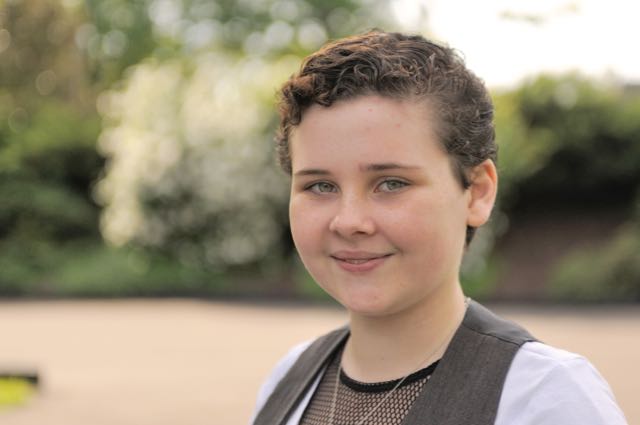Ask Dr. Mary Ann – Struggling in 5th Grade
May 12, 2016
A Middle School Miracle
June 7, 2016



“My child’s learning difficulty is no longer invisible to me – just to everyone else.” “I keep thinking that if I try hard enough, I can convince myself that it will all just get better – something will click.”
Thoughts like these have often been shared with me over the years. Parents want to remain hopeful, but in reality if a child’s learning disability is not addressed, it can seriously interfere with his success in school and life (see Shelly Weisbacher’s blog post from last week).
Helping others to see the learning disability is your charge as a parent. Do you have evidence or documentation that your child is not performing at her expected level in reading, math or writing? Besides having this evidence from the classroom, it is important to have a psychologist do an evaluation to help identify (and corroborate) your child’s academic strengths and weaknesses. This can be done by a private psychologist or a school psychologist – both have the instruments to provide a comprehensive evaluation.
Over and over, parents share with me the relief they and their child feel when they can put a name – learning disability – to the child’s problem. Identifying the learning disability can lead you to strategies, technology tools and instructional techniques that the student needs to succeed. A child needs to practice feeling success by working through hard tasks, and to experience the accomplishment of set goals.
By making the invisible visible, you have the ability to address the issue, instead of hoping it will go away!

Blogger and Admissions Director Carmen Mendoza, MEd, shares her expertise in the educational placement of students with learning disabilities. If you have questions, please contact Carmen at .